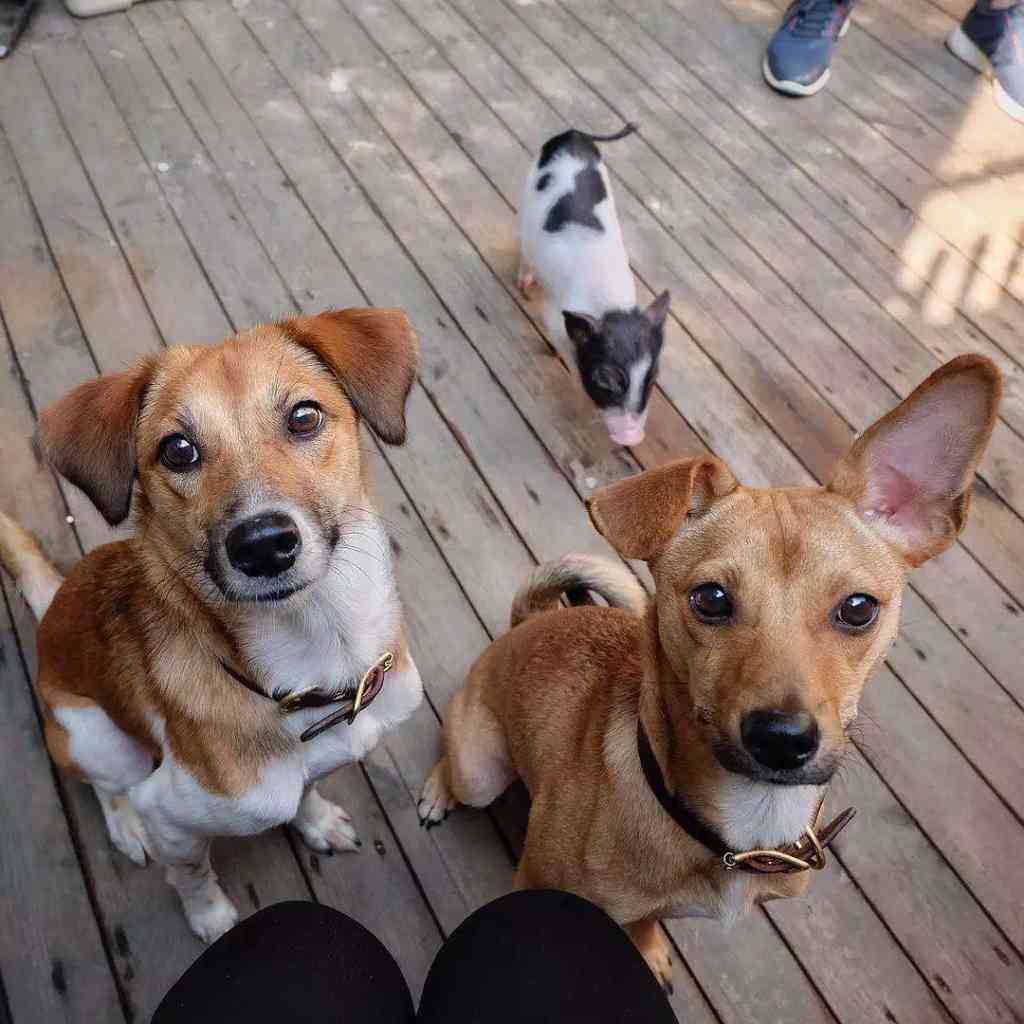
First vaccination time:
Puppies 5-6 weeks old, inoculate with hexavalent or heptavalent vaccine.
Second Vaccination.
2 weeks after the first vaccination, vaccinate with hexavalent or heptavalent vaccine.
Third vaccination date.
2 weeks after the second vaccination, inoculate with hexavalent or heptavalent vaccine.
Adult (1 year and older) vaccination schedule.
Vaccines are given twice a year (spring and fall).
Adults (1 year and older): vaccination twice a year (spring and fall).
Vaccine Description:
1, the six vaccine contains: canine distemper, microvirus, infectious hepatitis, parainfluenza, infectious bronchitis, rabies.
2, seven vaccine contains: canine distemper, microvirus, infectious hepatitis, parainfluenza, infectious bronchitis, rabies, leptospirosis, rabies.
In addition: Since dogs are the intermediate and final hosts of many parasites, it is important to prevent and control parasites at the same time. Parasites are categorized into internal and external parasites.
The most common internal parasites are roundworms, hookworms, tapeworms, coccidia and trichomonads. These parasites are found in the intestinal tract of the dog, and timely treatment is not dangerous to the dog’s life.
The most common ectoparasites are: mites, fleas, lice and ticks. Most of these parasites are zoonotic, so they should be prevented in a timely manner at a veterinary hospital.
Puppies should be dewormed at 20 days of age. Most puppies have intestinal parasites, which are contracted from the mother via the placenta or milk. after the first deworming at 20 days of age, the puppy should be dewormed monthly until half a year of age, quarterly from half a year of age, and every six months as an adult.
You can bathe your dog only 5-7 days after vaccination.

